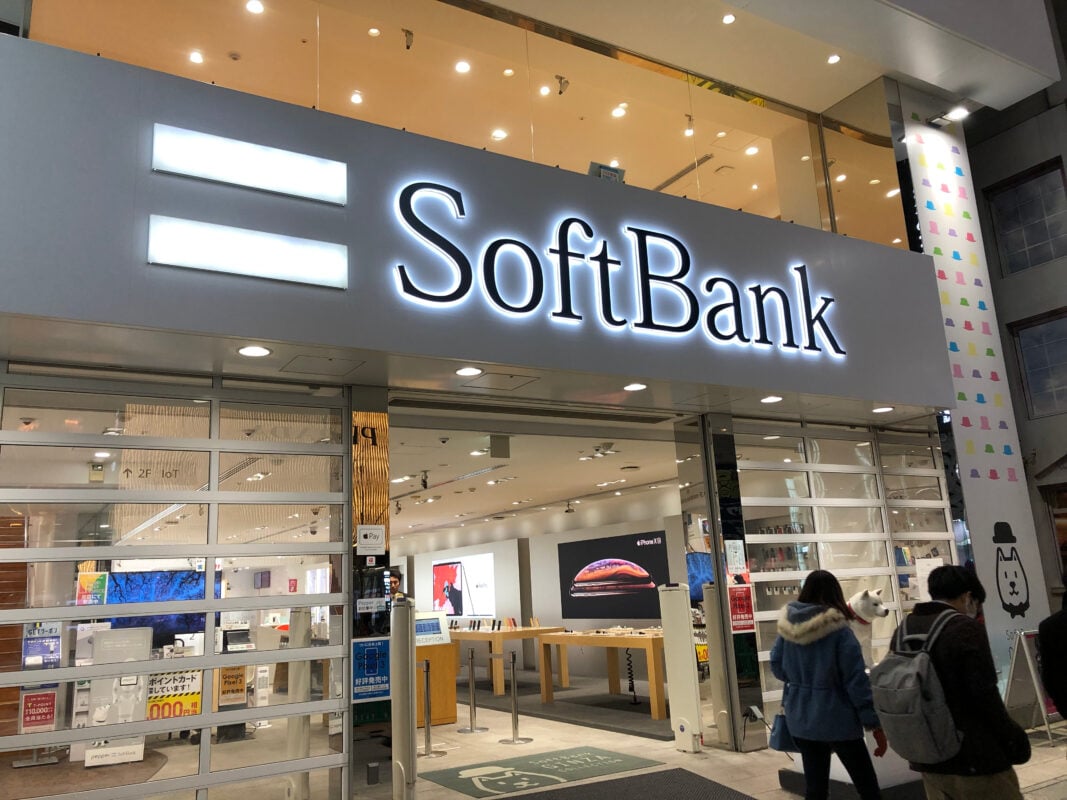TLDRs;
Contents
- SoftBank is shifting its India strategy by targeting IT and BPO firms to scale AI integration.
- The firm recently lost a billion-dollar bid for AGS Health but is reportedly pursuing talks with other players.
- India’s lack of foundational AI models is driving SoftBank to leverage service-based AI implementation.
- The move aligns with SoftBank’s global ambitions, including a proposed $1 trillion AI hub in the US.
SoftBank is charting a bold new course in India, pivoting from venture capital investing to acquiring established IT and business process outsourcing (BPO) firms as part of a global push to embed artificial intelligence deeper into service delivery.
The Japanese tech conglomerate, led by CEO Masayoshi Son, is reportedly exploring multiple acquisition targets in India’s service sector, seeing the country as fertile ground to scale AI capabilities through operational leverage rather than homegrown AI research.
The group recently made an unsuccessful $1 billion bid to acquire AGS Health, a healthcare-focused BPO firm, which was ultimately snapped up by private equity giant Blackstone. Despite the setback, SoftBank is pressing forward with discussions involving other firms such as WNS Global Services, signaling its intention to make a significant dent in India’s $250 billion outsourcing market.
India Stands at a Critical AI Inflection Point
SoftBank’s acquisition strategy is unfolding against the backdrop of a profound transformation within India’s outsourcing landscape. The sector employs over 5 million people and is now grappling with both opportunity and anxiety as artificial intelligence becomes increasingly embedded in day-to-day operations.
While some observers forecast sweeping job losses due to automation, recent data offers a more nuanced view. The National Association of Software and Service Companies (NASSCOM) suggests that although AI could eliminate one-fifth of current roles, it may also create even more jobs in new categories such as data analytics, content moderation, and AI model training. Rather than replacing human workers outright, firms are increasingly deploying AI to enhance human productivity, using tools like predictive analytics and automated customer service to deliver greater value.
SoftBank’s approach aims to harness this evolving value proposition. By acquiring firms with existing client relationships and scale, the company hopes to embed AI not as a disruptive force, but as a transformative one that strengthens global competitiveness.
Bridging India’s AI Capability Gap
India has long excelled in software services, but has yet to establish a foothold in foundational AI development. Unlike the United States or China, India has not produced large-scale AI models akin to those developed by OpenAI or Anthropic. This gap reflects both historical underinvestment in research and a policy focus that only recently began prioritizing artificial intelligence as a national imperative.
Rather than wait for a domestic AI ecosystem to mature, SoftBank is leveraging its access to global AI advancements by integrating them into India’s existing BPO and IT infrastructure. This approach not only addresses India’s AI limitations but also creates a hybrid model for value creation, one that fuses global innovation with Indian scale.
From India to Arizona, SoftBank’s Big AI Bet
SoftBank’s India play comes on the heels of another ambitious move, a proposed $1 trillion AI and robotics manufacturing hub in Arizona, dubbed “Project Crystal Land.” That vision, which involves potential partnerships with semiconductor giants like TSMC and Samsung, complements the company’s acquisition activity in India by linking hardware capability with software execution.
Masayoshi Son’s global strategy reflects a growing belief that AI transformation is no longer a matter of startup investment alone. Instead, it demands end-to-end control , from chips to algorithms to service delivery. And with India’s service sector already embedded in global enterprise operations, it’s fast becoming a critical node in SoftBank’s expansive AI network.


